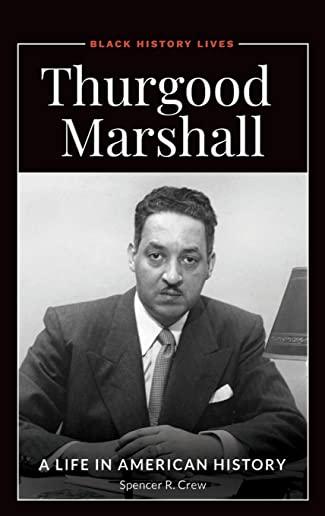
Lectures on Urban Economics offers a rigorous but nontechnical treatment of major topics in urban economics. To make the book accessible to a broad range of readers, the analysis is diagrammatic rather than mathematical. Although nontechnical, the book relies on rigorous economic reasoning. In contrast to the cursory theoretical development often found in other textbooks, Lectures on Urban Economics offers thorough and exhaustive treatments of models relevant to each topic, with the goal of revealing the logic of economic reasoning while also teaching urban economics.
Topics covered include reasons for the existence of cities, urban spatial structure, urban sprawl and land-use controls, freeway congestion, housing demand and tenure choice, housing policies, local public goods and services, pollution, crime, and quality of life. Footnotes throughout the book point to relevant exercises, which appear at the back of the book. These 22 extended exercises (containing 125 individual parts) develop numerical examples based on the models analyzed in the chapters. Lectures on Urban Economics is suitable for undergraduate use, as background reading for graduate students, or as a professional reference for economists and scholars interested in the urban economics perspective.







